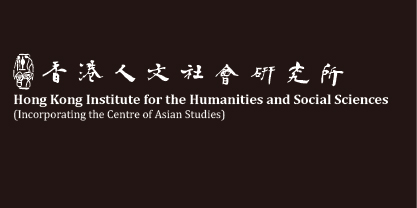|
The Nguyen dynasty has long been the subject of ideologically driven
debates among Vietnamese historians. During wartime, for example,
scholars inside and outside Vietnam used the dynasty to cast South
Vietnam in clashing roles, from a counterrevolutionary feudalist
regime blinded by Confucianist torpor to a dynamic force for
openness, expansion and development cut short by French colonialism.
The date 1802, which separates two different eras in the dynasty’s
history, has served to reinforce these notions, and to fortify an
ideal of national (and until recently revolutionary) development
that does not always accord with the realities of society within
Vietnam. By defining the Nguyen period as ranging from the period of
lordship (1558-1802) to the imposition of protectorates in Annam and
Tonkin by the French in 1885, the conference organizers seek to set
aside both ideology and teleology and to consider long term
processes that span the longstanding 1802 divide and thereby serve
to transcend the old debates that have precluded fresh perspectives
on early modern Vietnamese history. Similarly, we seek to advance
new spatial paradigms that reconsider the people, processes and
places that did not always conform to conventional ideas about the
norms or boundaries of Vietnamese states and societies under Nguyen
rule. In this spirit, we will challenge participants to re-imagine a
new scholarship about this crucial period in Vietnamese history.
Our two
meetings seek to build on new scholarship that draws from sources beyond the
vernacular Vietnamese, including Nôm (Vietnam’s precolonial sinitic script),
Chinese, French, English, Dutch, and Japanese. Many of these sources are
archival and have only recently been made available; others derive from new
efforts to combine thorough archival research with fieldwork. As a consequence,
a period of early Vietnamese history once considered barren now enjoys a
cumulative pool of potential data that is unprecedented in size, and derives
from an expanded range of historical, ethnographic and archaeological sources
that has only begun to grow. This has enabled a whole new scholarship on Nguyen
Vietnam that has become international; it emanates from the United States,
France, Japan, Korea, China, Australia and other countries, in addition to
Vietnam. Given the pivotal role that this dynasty played in shaping the
processes that defined the Vietnamese nation-state and its composite ethnic
identities, any profitable (and much needed) reconsideration of colonial and
modern Vietnamese history relies on such an exercise.
This is
the first of two conferences. Here, we investigate the theme of “External
Contacts.” This meeting will consider Vietnamese engagement beyond political,
ethnic and other boundaries, through networks of exchange and trans-state
regional formations, and whose processes were formed through coercion, commerce,
and a variety of cultural and state practices. The second conference, “Domestic
Issues,” which will be hosted by the Asia Center of Harvard University in 2013,
will focus on domestic Vietnamese issues in both north, center and south during
the same period. While the complexities of Vietnamese history deny clean
thematic divisions, we have decided to adopt this two-conference format to
facilitate lively and productive dialogues about Vietnam at both micro- and
macro-regional levels.
The organizers:
Bradley
C. Davis, Gonzaga University
Hue-Tam
Ho Tai, Harvard University
Charles
Wheeler, Institute for the Humanities and Social Sciences, HKU |

